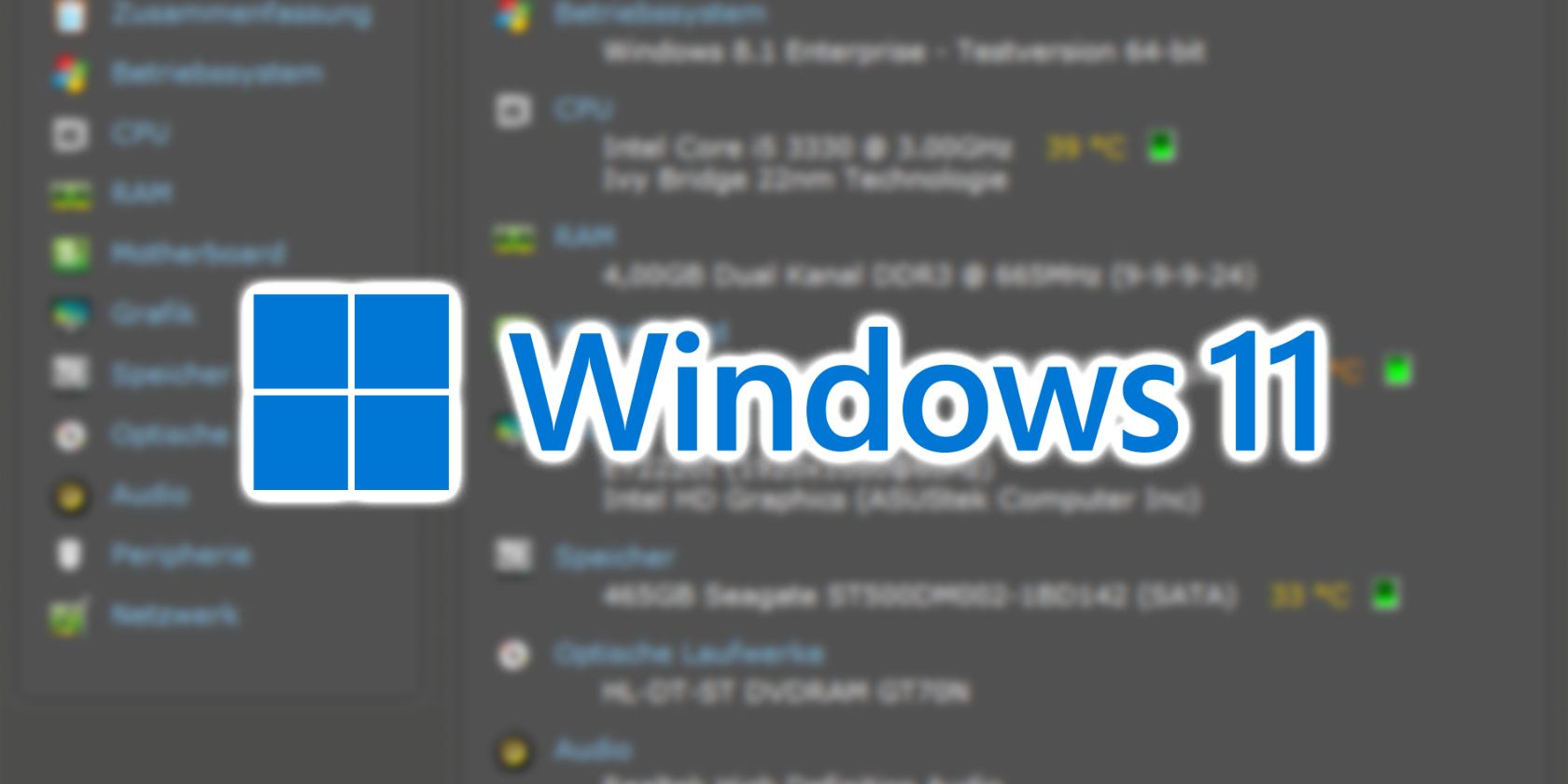As people prepare for the arrival of Windows 11, some have found that their perfectly-good PCs have been deemed unworthy to run the new operating system by the PC Health Check app. Microsoft has cleared up the situation by stating why some people got a bad result and what it means moving forward.
Microsoft's Retraction of the PC Health Check App
Microsoft explained what was going on over on the Windows Insider Blog. It described its reasoning behind the PC Health Check tool, and why it was giving some people a bad grade.
In case you missed it, the PC Health Check tool let users check if their PCs were capable of running Windows 11. All you had to do was click a button and Microsoft gave you a pass or a fail.
Unfortunately, the tool caused a lot of confusion since Windows 11's announcement. Some people who own relatively recent gaming PCs were being turned away on the grounds that their system specifications didn't meet the minimum requirements for Windows 11.
Even worse, the tool didn't tell you why your PC wasn't a fit for Windows 11. All you saw was a message stating that your PC's specifications were too low.
As it turns out, Microsoft wasn't looking at raw computing power to generate its report. Instead, it was checking how recent your hardware was.
Microsoft designed the Windows 11 minimum requirements around three metrics: security, reliability, and compatibility. Right now, it believes that the Intel 8th generation, AMD Zen 2, and Qualcomm 7 and 8 Series can tick all three boxes. As such, if you own one of these processors or one that's more recent, you can run Windows 11.
That does mean that people with older processors automatically failed the PC health check, regardless of how powerful the processor was. However, it doesn't necessarily mean those PCs don't have the strength to run Windows 11.
As such, Microsoft is now checking Intel 7th generation and AMD Zen 1 PCs to see if they also meet the three metrics needed to run Windows 11. And due to the confusion the test caused, Microsoft is temporarily taking it offline while it works on allowing more PCs to run Windows 11.
Windows 11, (Hopefully) Coming to a PC Near You
Microsoft's PC Health Check app has caused a lot of confusion, as users discover that their pretty decent PC can't handle Windows 11. However, Microsoft has stated that recency is more important than power when it comes to running the operating system.
If you're thinking of getting a PC with Windows 11 preinstalled, its not too long of a wait until then. The tech giant has hinted that it'll launch the new operating system some time in October 2021.

